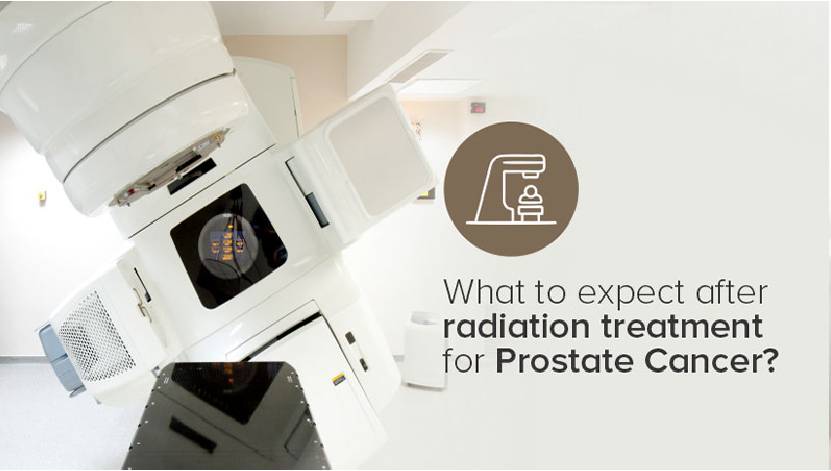Prostate cancer is the most common cancer that affects men, and radiation therapy is one of the treatments for this type of cancer. It is a non-invasive treatment that uses high-energy radiation to target and destroy cancer cells. Radiation therapy is usually delivered in multiple sessions, and after the treatment, patients may experience side effects that can last for weeks or months.
